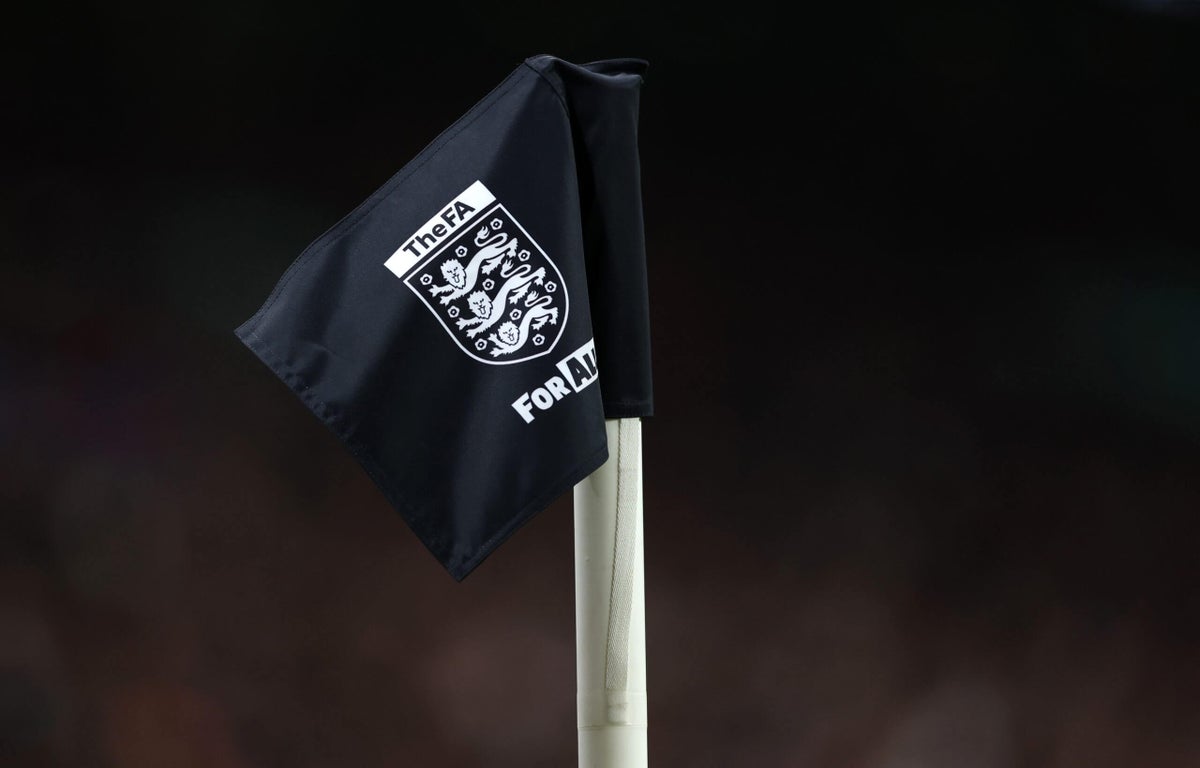The FA has updated its policy around transgender athletes competing in women’s football, introducing stricter eligibility criteria for transgender women and non-binary players in the women’s game.
The FA now says a new formal process will give the governing body “ultimate discretion” over eligibility for transgender women and non-binary players to play in the women’s game. Any decisions will be managed on a “case-by-case basis.” Reduced testosterone levels will have to be met (levels must be below 5 nmol per litre for at least 12 months, in keeping with the previous policy and policies of other sport governing bodies), along with a mandatory “match observation” to evaluate if the player “presents a risk” to the safety of other players and fair competition.
“We have had a transgender inclusion policy in place since 2015 to help us support the small number of transgender women – around 20 this season – who would like to play in the grassroots game, providing it can be done without sacrificing fair and safe competition, and if they have met certain required criteria,” and FA spokesperson said. “The principles that underpin our policy remain, however certain aspects have been updated to ensure it operates as effectively as possible for the grassroots game.”
The FA’s previous policy required transgender women to undergo hormone therapy or a gonadectomy “with results in blood testosterone within natal female range.” Hormone treatment needed to be reviewed annually.
The FA had ultimate discretion over eligibility and the process was managed on a case-by-case basis. If hormone criteria were met but the FA believed the player’s registration would result in issues of safety or fair play, the player would not be allowed to compete in their affirmed gender grouping.
Now, Transgender women and non-binary players who want to participate in women’s football will need to undergo testosterone testing and meet eligibility criteria. Cisgender women will not be subject to testing, according to the FA.
There are currently 20 transgender women registered to play amateur football in England. Over the past decade, 72 transgender footballers among millions have taken part in FA grassroots games on a weekly basis.
There are currently no transgender athletes in the professional game in England, Wales, Scotland and Northern Ireland.
The policy update comes after multiple protests of the FA. In December 2023, a group of 48 MPs signed a letter urging the Football Association to change its rules on transgender inclusion in order to “protect women and girls” in football. At the end of 2024, two protests were held over the FA’s policy, urging the governing body to fall in line with other sporting governing bodies in the UK.
In the UK, the FA’s position contrasts that of the Rugby Football Union (RFU), British Cycling and British Rowing, who have implemented bans on transgender athletes based on the sporting exemption in the Equality Act 2010.
Under section 195 of the Equality Act 2010, various forms of discrimination on the basis of sex or gender reassignment are prohibited, but exemptions are set out for “gender-affective” sporting activities in which “the physical strength, stamina or physique of average persons of one sex would put them at a disadvantage compared to average persons of the other sex as competitors in events involving the activity.”
It is lawful to restrict the participation of people undergoing gender reassignment to secure “fair competition” and/or “the safety of competitors.”
In the United States, the National Women’s Soccer League (NWSL) issued a policy on transgender and nonbinary athlete participation in 2021. Transgender women are eligible to compete if their total testosterone level is within the “typical limits of women athletes over a set period.” The policy allows challenges to an athlete’s eligibility under the policy, though the league states it “will only consider requests that are reasonable and made in good faith.”
In 2011, Fifa issued gender verification regulations that did not set testosterone levels. In 2022, soccer’s governing body said it was reviewing its policy.
(Top photo: Catherine Ivill / Getty Images)

